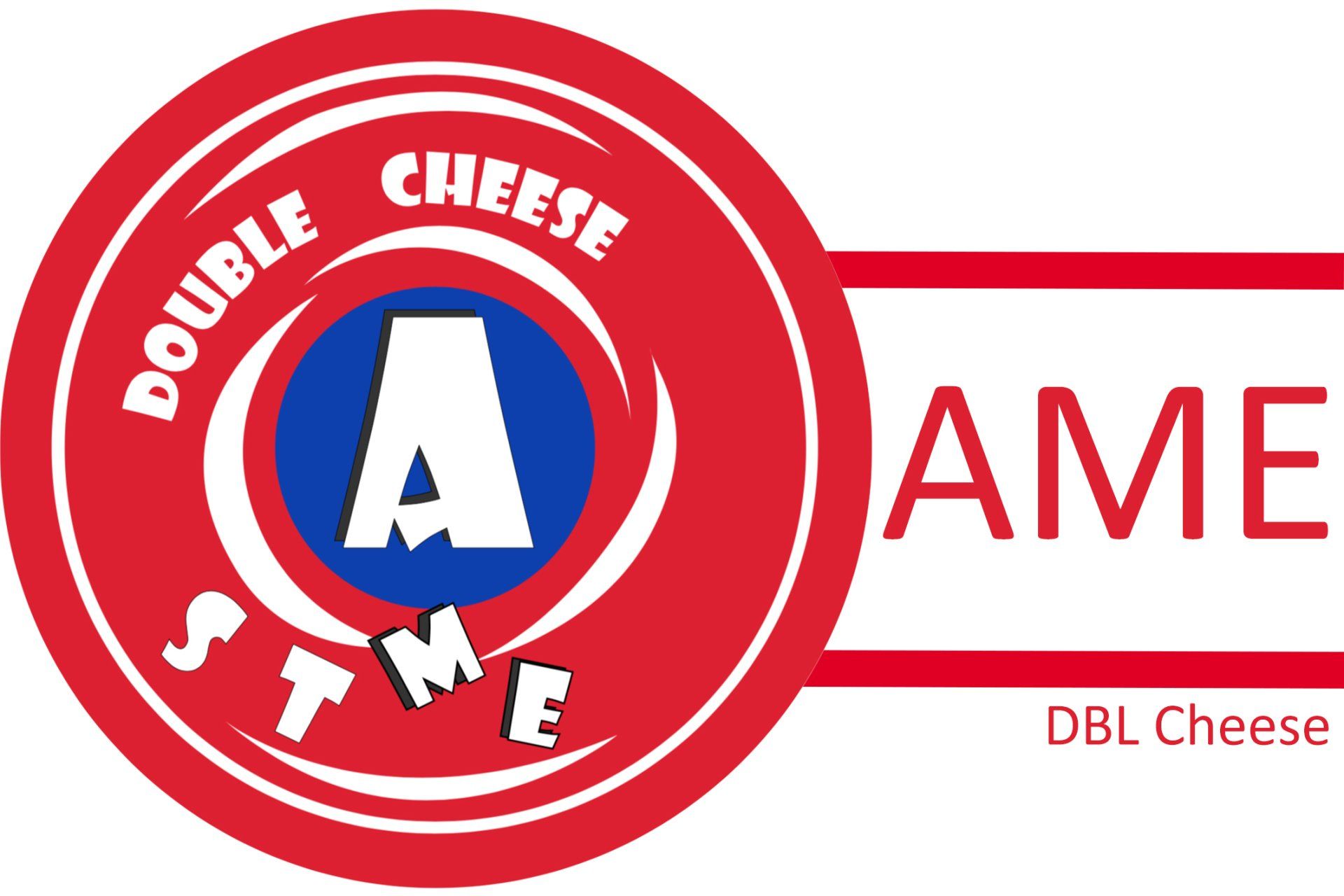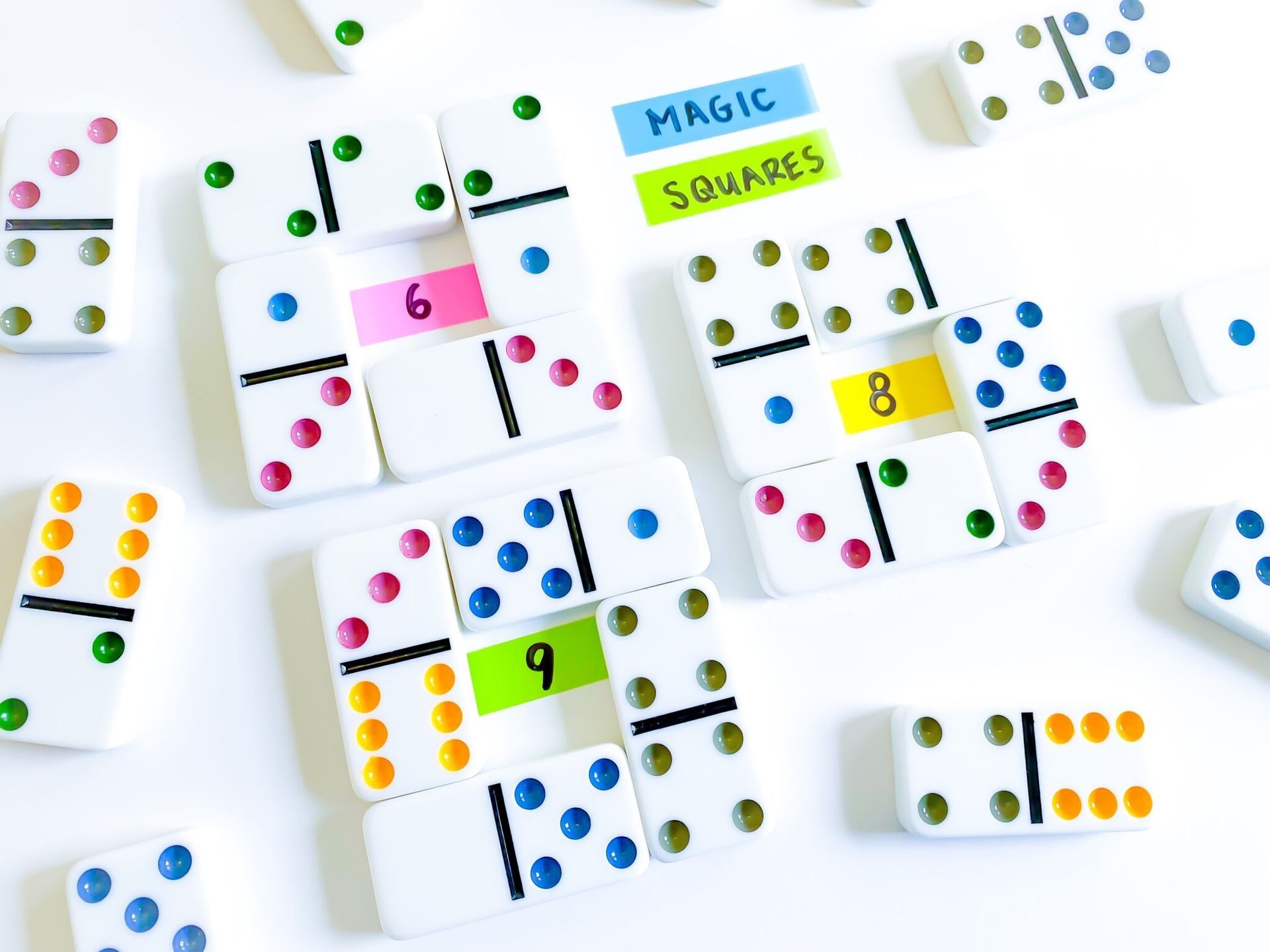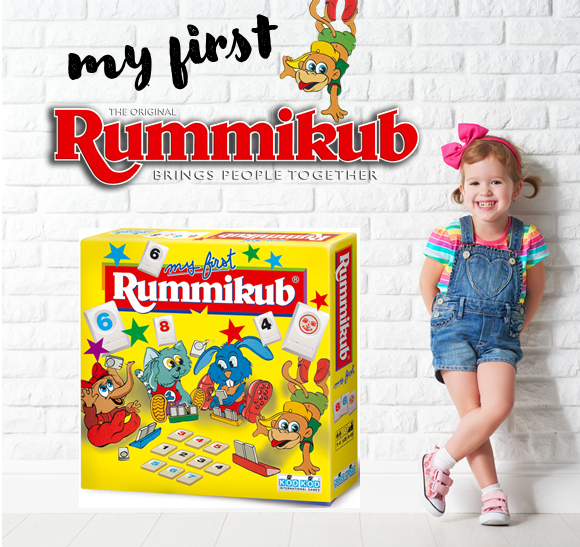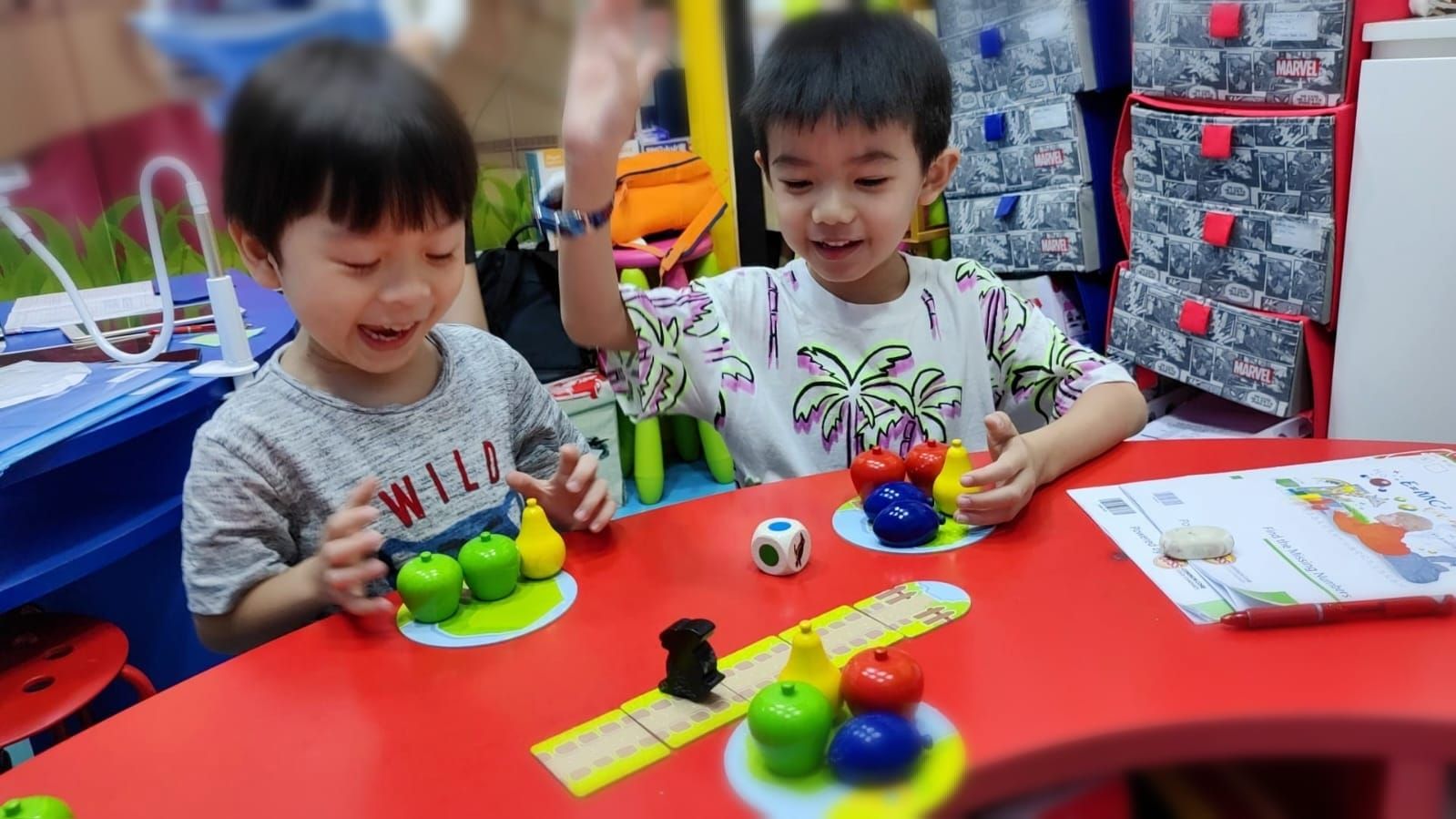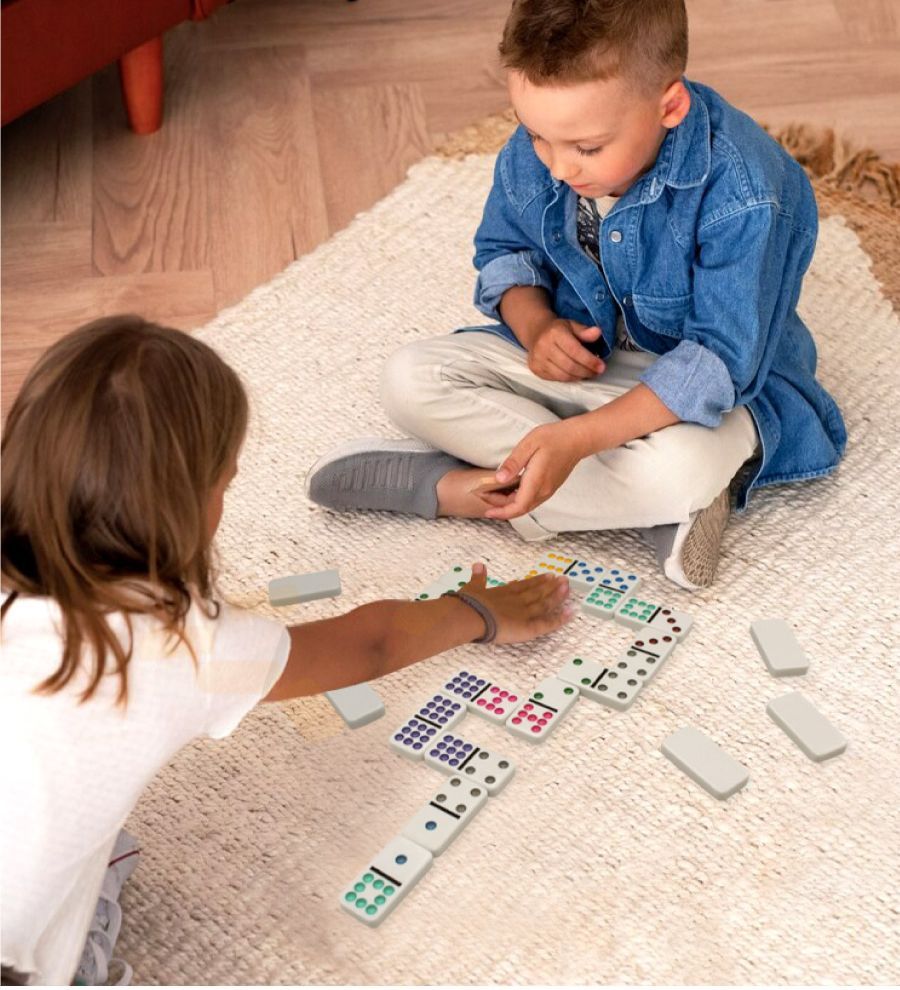【Addition and subtraction practice】Magic math games make children fall in love with addition and subtraction and master the rules of numbers
Date of publication: 17/02/2025
Do you want your children to learn addition and subtraction naturally? Magic Maths is a British math game that allows children aged 4-8 to master basic mathematics while having fun. The game features uniquely designed heat-sensitive math cards. Just rub them gently and the answer will magically appear, allowing children to instantly verify whether their addition calculations are correct.
1. Magic math games make children fall in love with addition and subtraction: Orchard Magic Maths
Beginners can start with simple number pairing and gradually transition to addition and subtraction operations. For example, when a child draws the "4 4=" card, they can:
1. Beginner: Rub the answer and find the number 8 directly
2. Advanced: Calculate the result of the addition first, then verify the answer
The recommended beginner game is the number matching game, which means directly rubbing out the numerical answer on the equation card, and then looking for the corresponding number on the raw material card in your hand. This game is basically played by children over 4 years old. The advanced game is for the child to calculate the answer based on the equation on the equation card.
Rub the stars to see if they match the answer you calculated, and then look for the corresponding number on the raw material card. Therefore, Magic Maths is a board game that can be played by children from 4 years old to lower grades of primary school because of its different playing methods.
What is mathematics? What is Arithmetic?
Mathematics is not just addition, subtraction, multiplication and division. Mathematics is a science. Obviously, neither abacus nor civics arithmetic is like a science! So these are called arithmetic, not mathematics.
If you want to know what real mathematics is, you can refer to a book called "A Mathematician's Sigh". PS The use of Montessori mathematics teaching aids is real mathematics. Mathematical Olympiad is also real mathematics.
References: Curious Mom
2. Parent-child math game recommendation: My First Rummikub
This math game designed for children aged 4 and above perfectly combines the concept of addition and color recognition. The game uses large-size number cards, which is convenient for small hands to operate. Players need to:
- Arrange consecutive numbers (such as 2, 3, 4)
- Practice adding and subtracting numbers
- Learn the concept of number series
The specially designed reward mechanism allows children to naturally reinforce mathematical concepts in the process of earning stars.
Parents can refer to the game method
If the player is participating in the game for the first time, parents can remove the wild cards before proceeding according to the rules of the game. At the same time, at the beginning of the game, parents can also spread out all the number cards and read aloud, such as: Orange 1, 2. At this time, players can be asked to sort out the correct color and number cards. If the player answers correctly, he or she will receive a star as a reward until one player has played all the number cards. This method allows players to learn the correct deck.
Baita
Players can use the Baita card to replace other number cards to form a new deck. A deck can use 2 or more Baita cards. When the Wild Card is combined with other numbers and placed on the table, the player must use a card of the same value and color to replace the Wild Card in order to take the Wild Card. When exchanging for a Wild Tower card, players cannot obtain stars.
Math Game Interest Class (Active Math Player)
- Fully taught in English, learn math through games (suitable for 3-6 years old)
- Abandon mechanical training and introduce new math games (PLAY WITH NUMBERS) to truly improve children's mathematical abilities. The activity-based teaching method allows children to learn through games, greatly improving their interest in learning, communication skills and social confidence.
- LISTEN: Encourage children to listen more attentively to the rules of the game to win the game
- LET'S PLAY: Effectively improve students' problem-solving speed and response ability
- REPORT: Let students observe and discover the relationship between game rules and winning strategies
3. Dominoes math game: fun teaching aid for adding and subtracting numbers: Dominoes
This math game suitable for the whole family not only trains addition skills but also cultivates strategic thinking. Game Features:
- Train number recognition skills
- Practice simple addition
- Calculate the sum
- Compare Sizes
During the game, children need to continue to use addition skills to calculate points and think about how to play cards most effectively. Suitable as an auxiliary tool for family mathematics education.
## Game Instructions
1. Shuffle all the tiles face down and then deal them. If 2 people play, each person is dealt 7 dominoes. If 3 or 4 people play, each person is dealt 7 dominoes.
Each player is dealt 5 cards. Do not let other players see the cards in their hands. Deal the remaining cards and place them on the left side of the table as a pile.
2. The person holding the card with the highest number of duplicate points plays first. Example: Double 6, place the cards in the center of the table. If no one has a double
If it is a 6, the person with double 5 will go first, and so on.
3. The player to the left of the first player plays cards in turn, and the second player tries to play a card with the same points as the one on the table;
For example: The first player plays a double-headed 6, the second player must play a card with 6 points on either end, and the next player can play any
The player with a 6-point card on his end can also play the same card as the second player on the other end.
## First Card
4. Except for double-number dominoes, which can be arranged vertically, all other dominoes should be arranged vertically.
5. When a player has no cards in his hand that match the open end of any row of dominoes on the table, he must draw cards from the deck until
He continues until he draws a matching card. But if he still hasn't drawn a matching card when the deck is exhausted, he can shout:
"PASS", waiting for the next round of playing opportunities.
6. Each player must play a card when it is his turn to play a card.
## Winning
1. When the first player has played all the dominoes in his hand, he wins the round. At this time, the dominoes in the hands of other players
The total number of points is the winner's score.
II. Or when there are no cards left in the deck and all players have no cards to play, then the player with the least number of dominoes in his hand will win.
The player who wins the round gets the winner's score by subtracting the total number of points on the tiles in the hands of other players from the player's points.
III. Continue to the next round until one player accumulates 100 points and becomes the final winner of the game.
Mathematical Olympiad Game Class (English Mathematical Olympiad)
Mathematical Olympiad questions can help children prepare for different math tests and competitions. The new Olympic Math Player "Olympic Games" course. Many parents ask what is Mathematical Olympiad? Mathematical Olympiad is a kind of IQ test in mathematics. Mathematical Olympiad effectively improves children's mathematical ability, spatial concepts, logical thinking, reasoning skills, etc.
- The only Mathematical Olympiad course in Hong Kong written in English, effective in coping with challenging questions in school.
- An introductory course for difficult math problems, designed for students who are willing to challenge themselves. Through a series of challenging Mathematical Olympiad-style questions, students' analysis, problem-solving and logical reasoning skills are deepened.
- Integrate different types of mathematical concepts
- Applying mathematics to everyday life
Parent Tips: Math games stimulate children's interest in learning and make addition and subtraction easy
The above three math games all place special emphasis on the concept of addition, allowing children to learn naturally through games. Parents can choose the most suitable game according to their children's age and level.
Powered by AME
